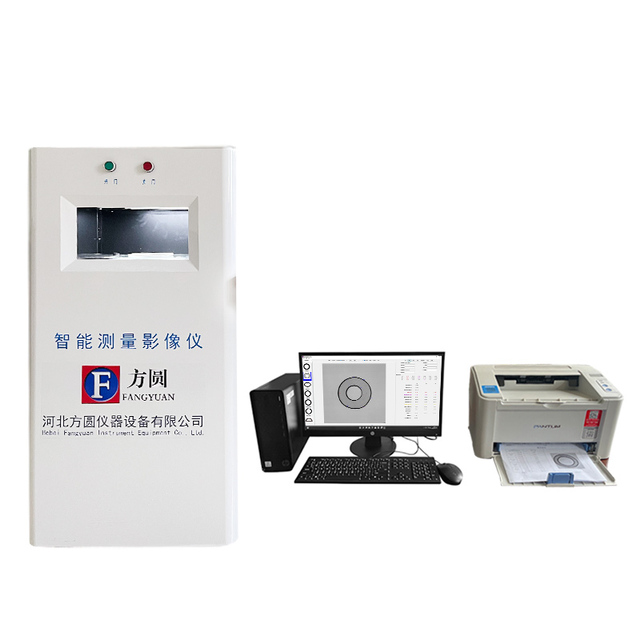electrical resistance tester
Understanding Electrical Resistance Testers A Comprehensive Guide
Electrical resistance testers are essential tools used by electricians, engineers, and hobbyists to measure the resistance of electrical components, circuits, and systems. These devices play a critical role in ensuring safety, reliability, and efficiency in various electrical applications. In this article, we will explore the purpose, functioning, types, and applications of electrical resistance testers, as well as tips for effective use.
What is Electrical Resistance?
Before delving into resistance testers, it's crucial to understand what electrical resistance is. Resistance is a measure of the opposition that a material offers to the flow of electric current. It is measured in ohms (Ω). Various factors, such as the type of material, length, and cross-sectional area, affect resistance. For instance, metals generally have low resistance, making them good conductors, while rubber has high resistance, making it an effective insulator.
Purpose of Resistance Testers
Electrical resistance testers are employed to diagnose potential issues in electrical systems. They can identify faulty components, analyze circuit integrity, and verify that installations meet industry standards. By measuring the resistance, these testers help prevent electrical failures that could lead to malfunctioning devices or even fire hazards.
How Do Resistance Testers Work?
Electrical resistance testers operate by passing a known amount of current through a component and measuring the voltage across it. According to Ohm's Law (V = IR), the resistance can be calculated using the formula
\[ R = \frac{V}{I} \]
Where - \( R \) is resistance (ohms), - \( V \) is voltage (volts), - \( I \) is current (amperes).
Advanced resistance testers can apply different test currents and provide various measurement ranges, enhancing their accuracy and adaptability for different applications.
Types of Electrical Resistance Testers
electrical resistance tester

1. Digital Multimeters (DMMs) These versatile devices can measure voltage, current, and resistance, making them popular among technicians. They often feature auto-ranging capabilities and can store readings for future reference.
2. Micro-ohmmeters Specifically designed to measure very low resistances, micro-ohmmeters are used in power distribution and electrical testing applications, such as measuring contact resistance in circuit breakers.
3. Insulation Resistance Testers These testers measure the resistance of insulation materials. Commonly used for electrical safety testing, they apply high voltage to the insulation to ensure it can prevent current leakage.
4. Earth Resistance Testers These are used to measure the grounding resistance of electrical systems. They ensure that grounding systems are effective in preventing electric shocks and reducing the risk of electrical fires.
Applications of Resistance Testers
Electrical resistance testers find applications in many fields, including
- Electrical Maintenance Regular testing of equipment ensures that components are functioning correctly, reducing downtime and prolonging system life. - Construction Resistance testers help verify that wiring installations meet safety standards before energizing circuits. - Telecommunications Ensuring that connections remain stable and that signal quality is maintained. - Manufacturing Quality control processes utilize resistance measurements to ensure products meet specifications.
Best Practices for Using Resistance Testers
To ensure accurate measurements and prolong the life of resistance testers, users should follow these tips
- Calibrate Regularly Regular calibration maintains device accuracy. - Use Proper Probes Ensure that the probes are suitable for the intended measurement. - Isolate the Circuit Before testing, ensure that power is turned off and the circuit is properly isolated. - Follow Manufacturer Instructions Always refer to the user manual for specific guidelines related to the tester being used.
Conclusion
Electrical resistance testers are invaluable tools in ensuring the safe and efficient operation of electrical systems. By understanding how these devices function and their various applications, users can effectively diagnose and maintain electrical components, promoting a safer and more reliable environment. Whether you are a seasoned professional or a DIY enthusiast, mastering the use of resistance testers will greatly enhance your troubleshooting capabilities.
-
Why the Conductor Resistance Constant Temperature Measurement Machine Redefines Precision
NewsJun.20,2025
-
Reliable Testing Starts Here: Why the High Insulation Resistance Measuring Instrument Is a Must-Have
NewsJun.20,2025
-
Flexible Cable Flexing Test Equipment: The Precision Standard for Cable Durability and Performance Testing
NewsJun.20,2025
-
Digital Measurement Projector: Precision Visualization for Modern Manufacturing
NewsJun.20,2025
-
Computer Control Electronic Tensile Tester: Precision and Power for the Modern Metal Industry
NewsJun.20,2025
-
Cable Spark Tester: Your Ultimate Insulation Assurance for Wire and Cable Testing
NewsJun.20,2025
 Copyright © 2025 Hebei Fangyuan Instrument & Equipment Co.,Ltd. All Rights Reserved. Sitemap | Privacy Policy
Copyright © 2025 Hebei Fangyuan Instrument & Equipment Co.,Ltd. All Rights Reserved. Sitemap | Privacy Policy
